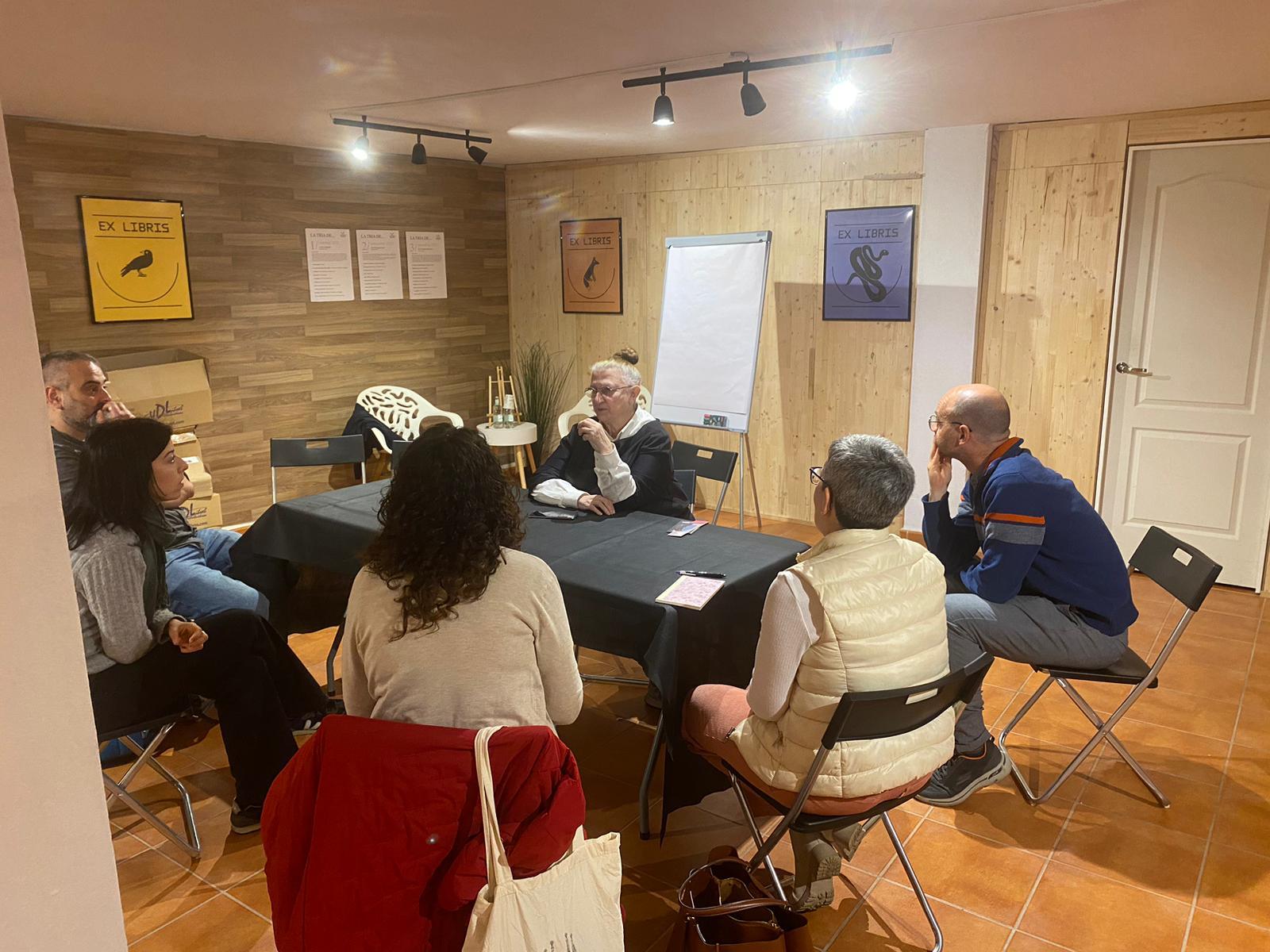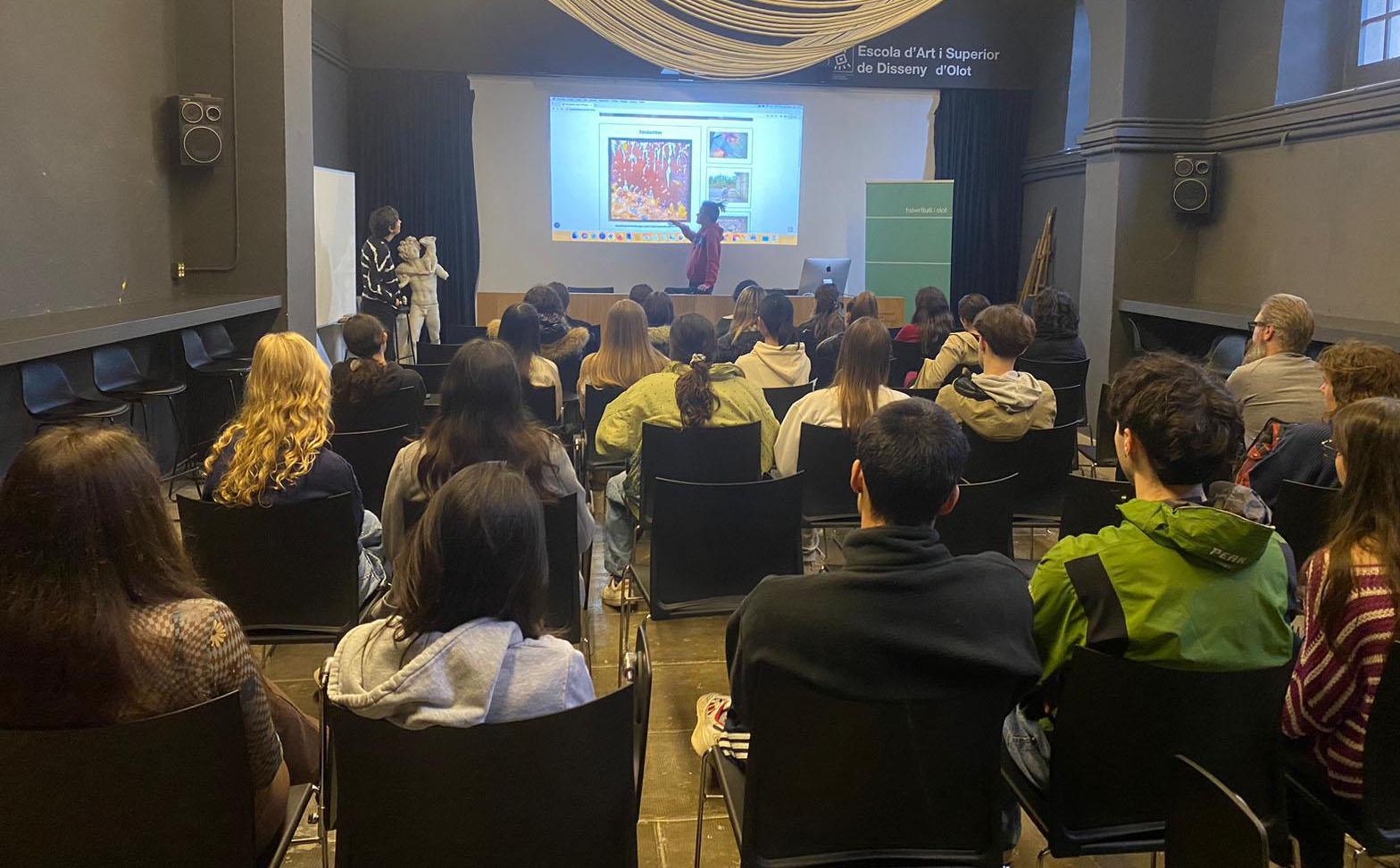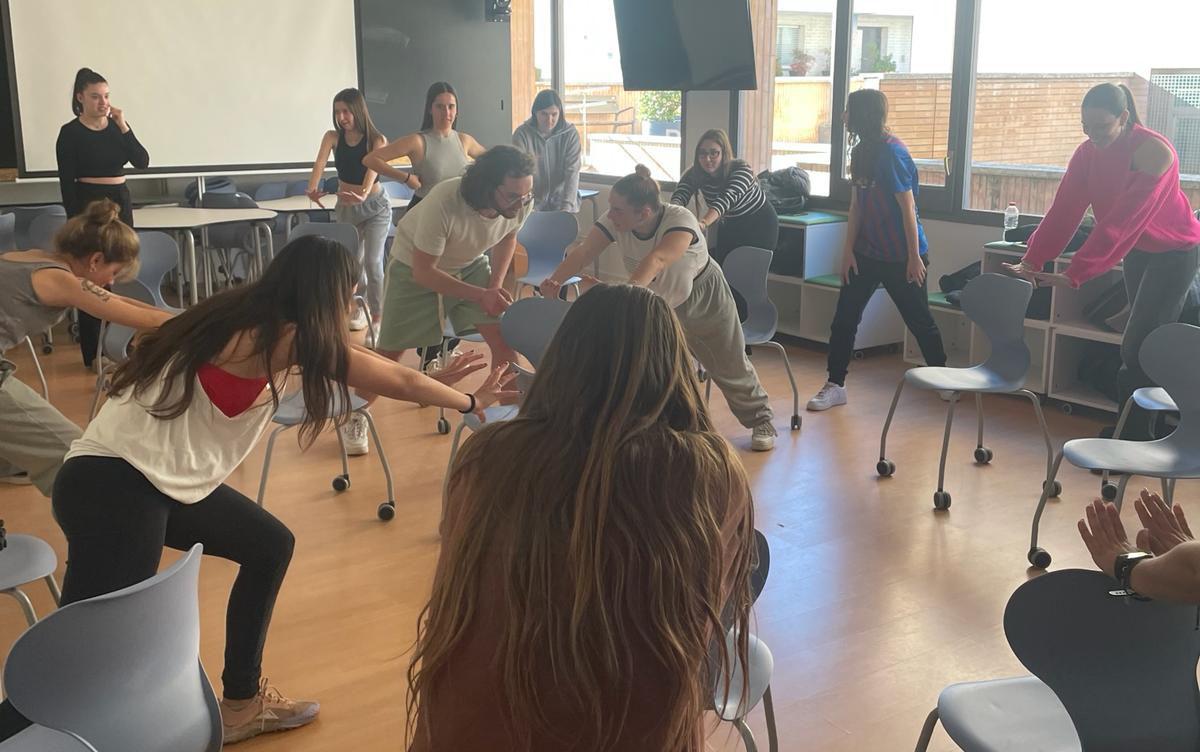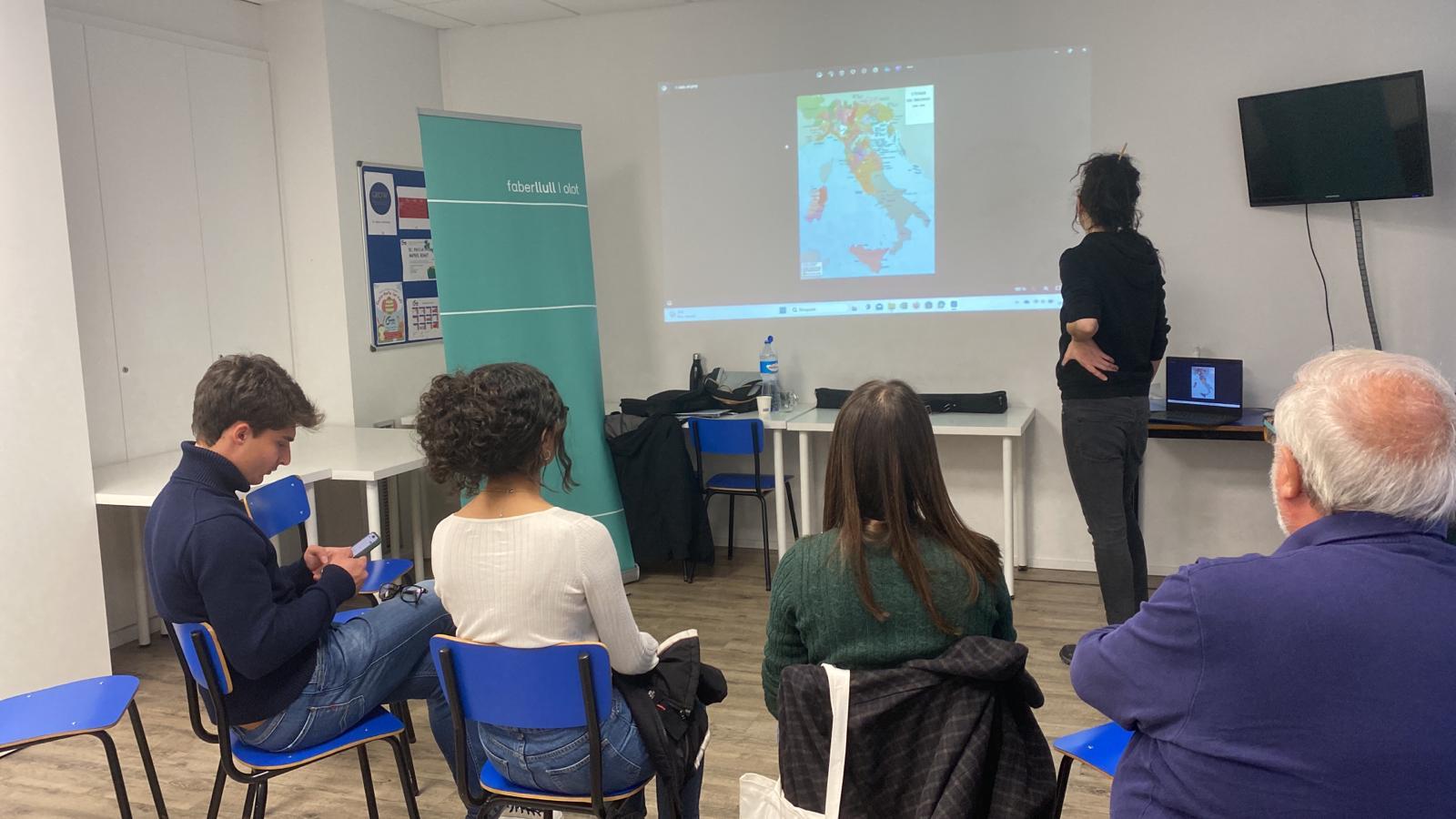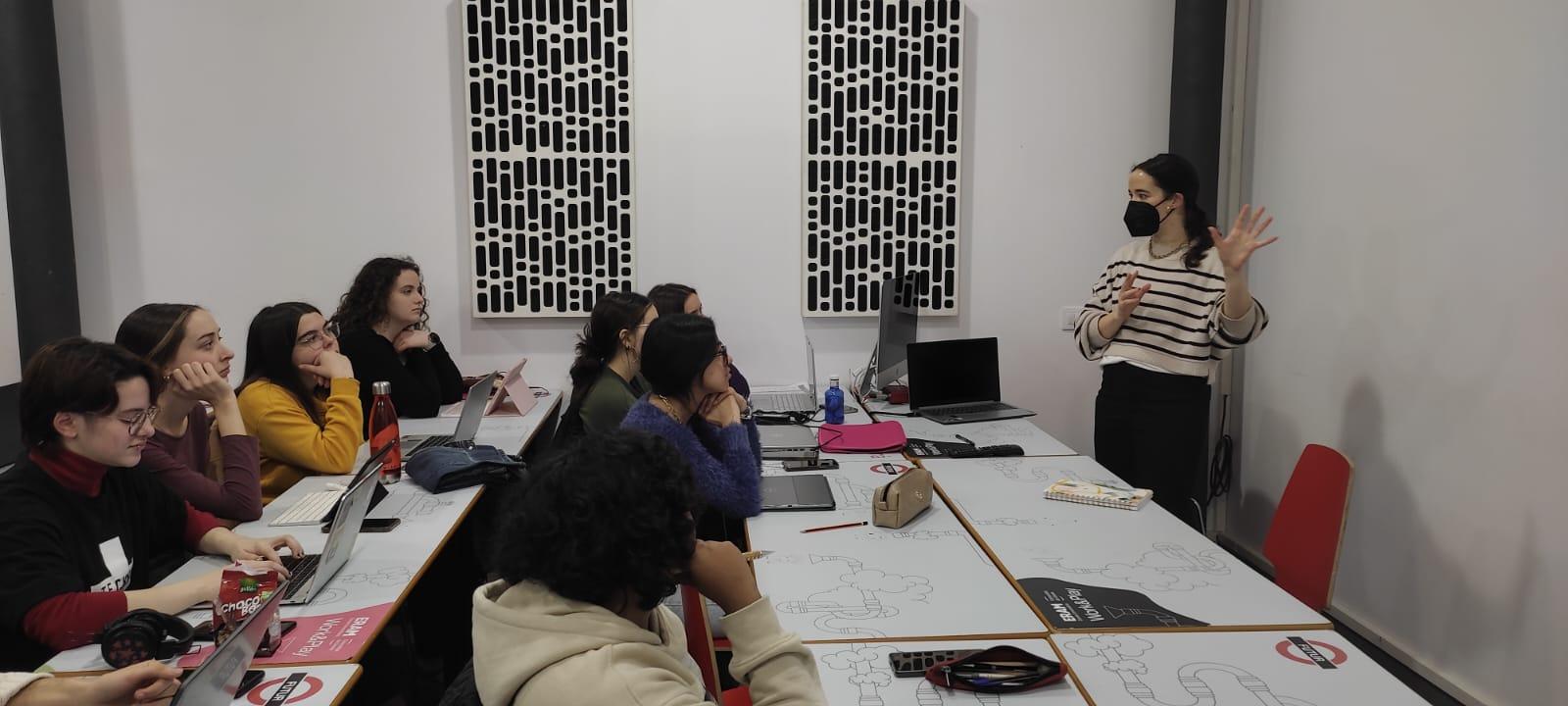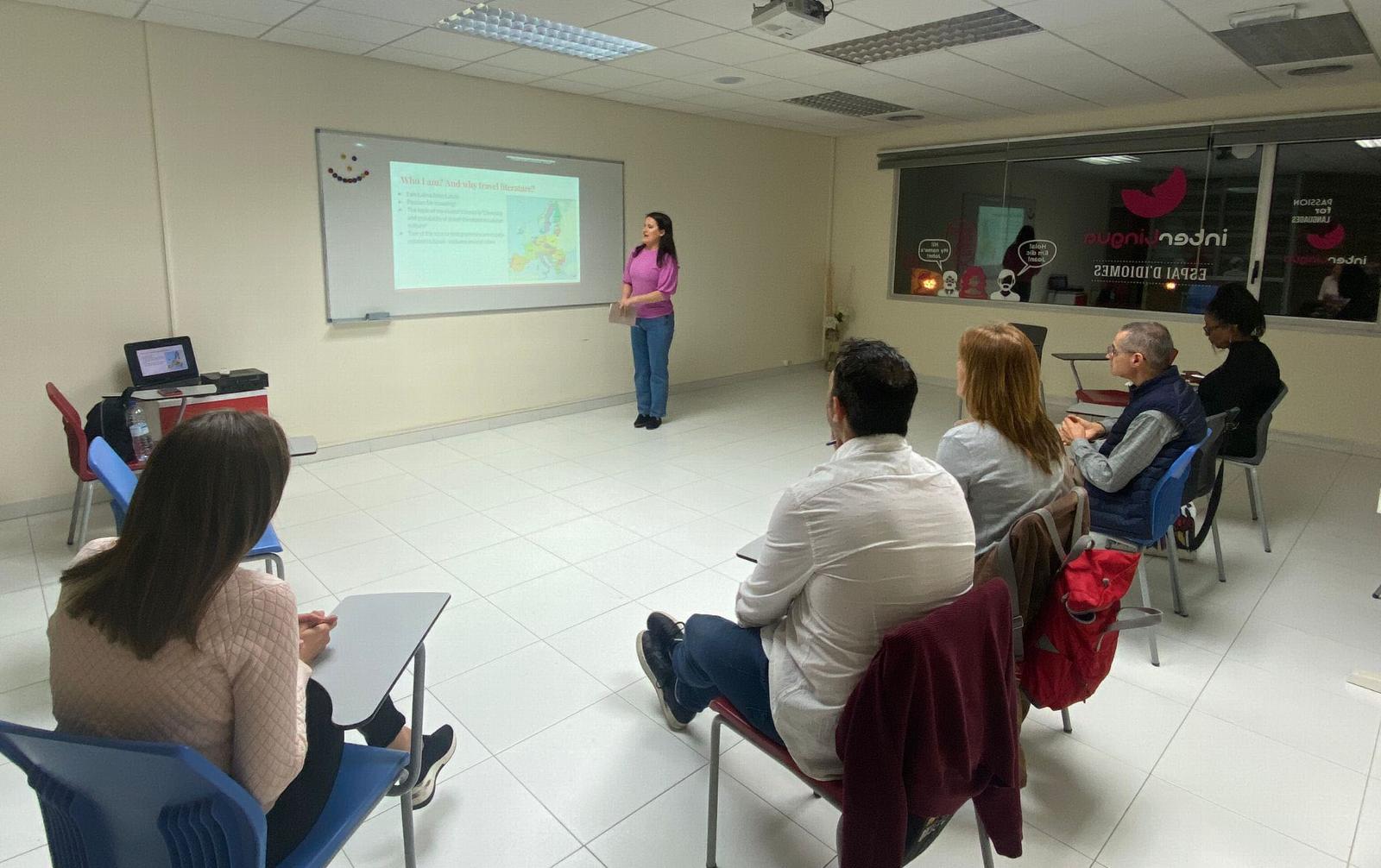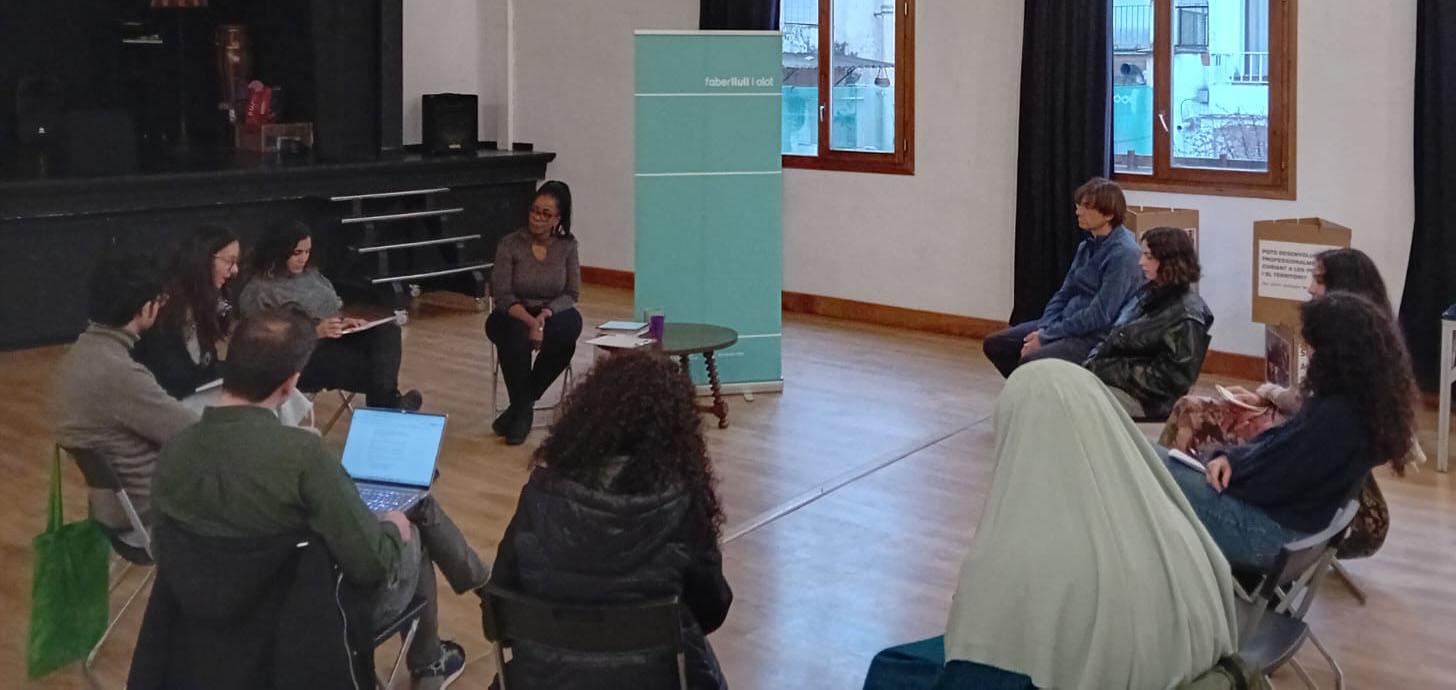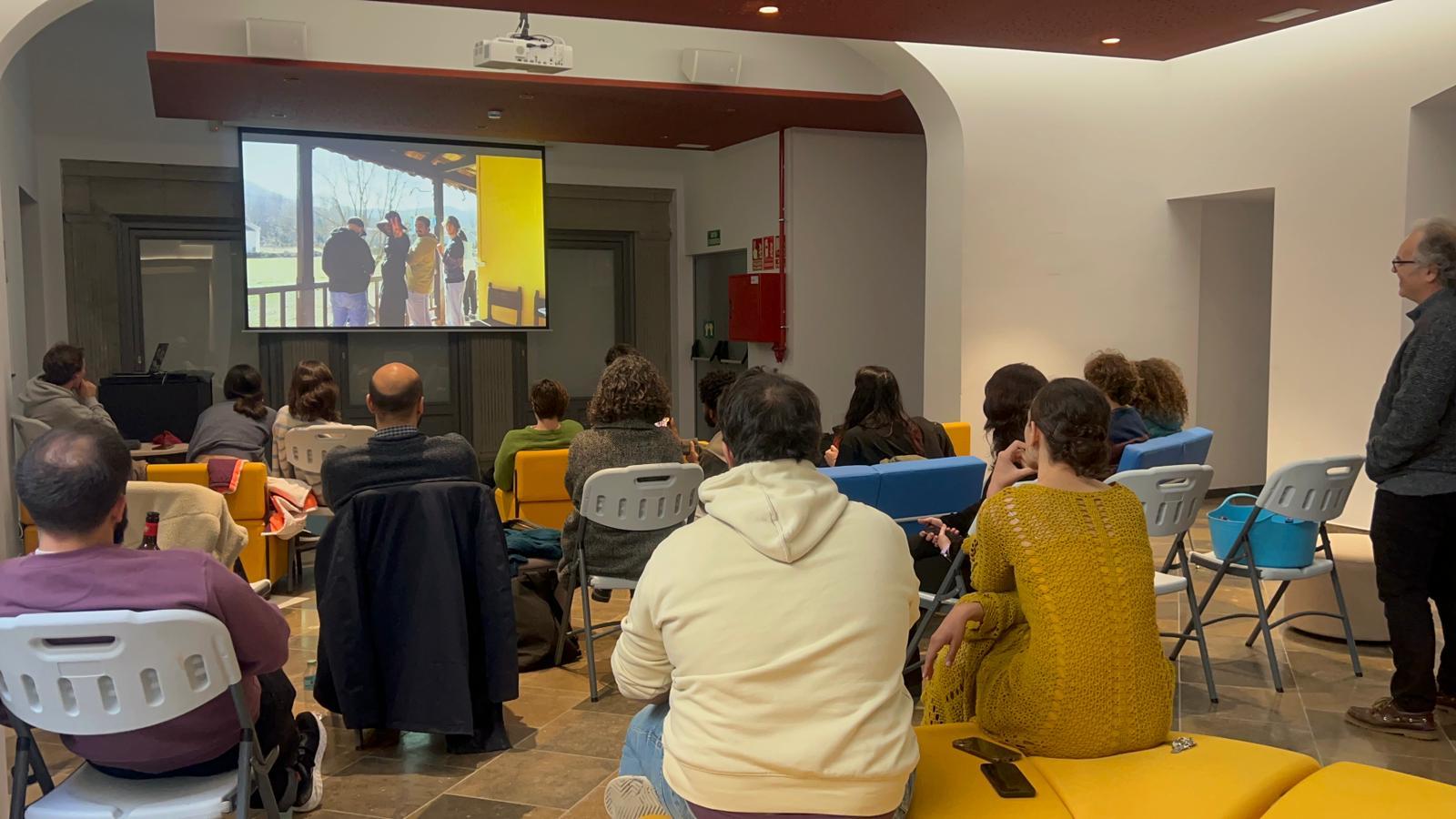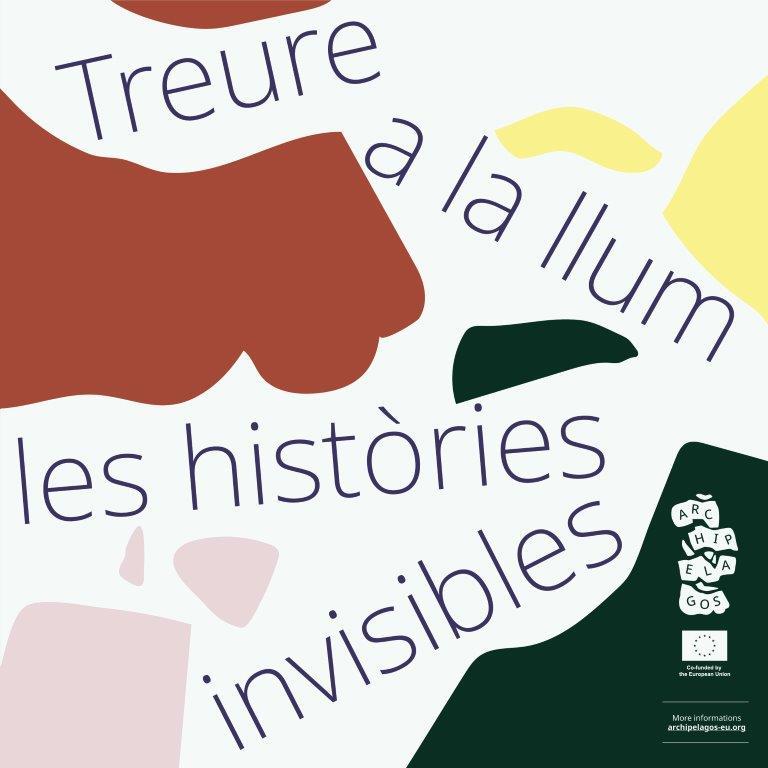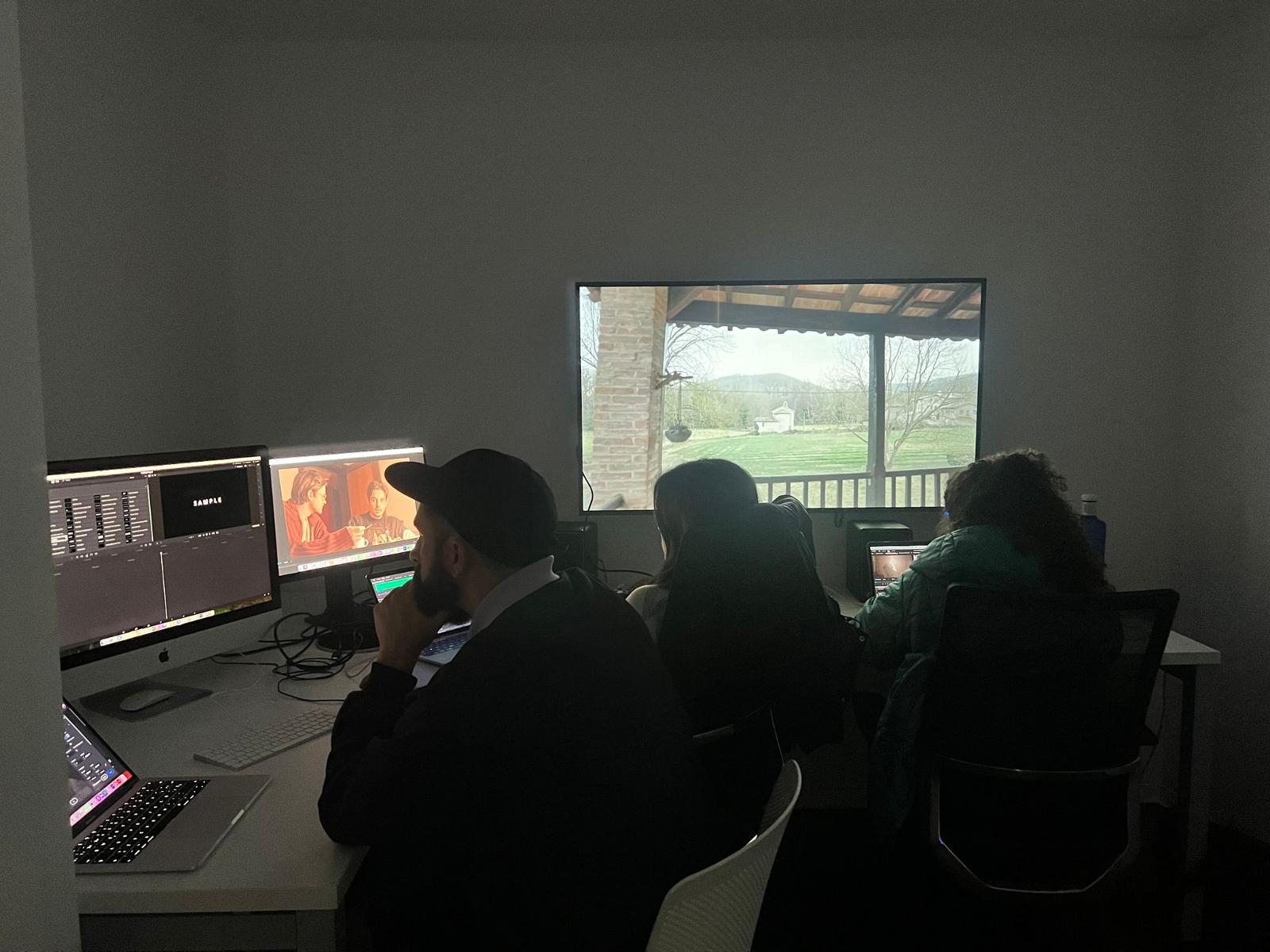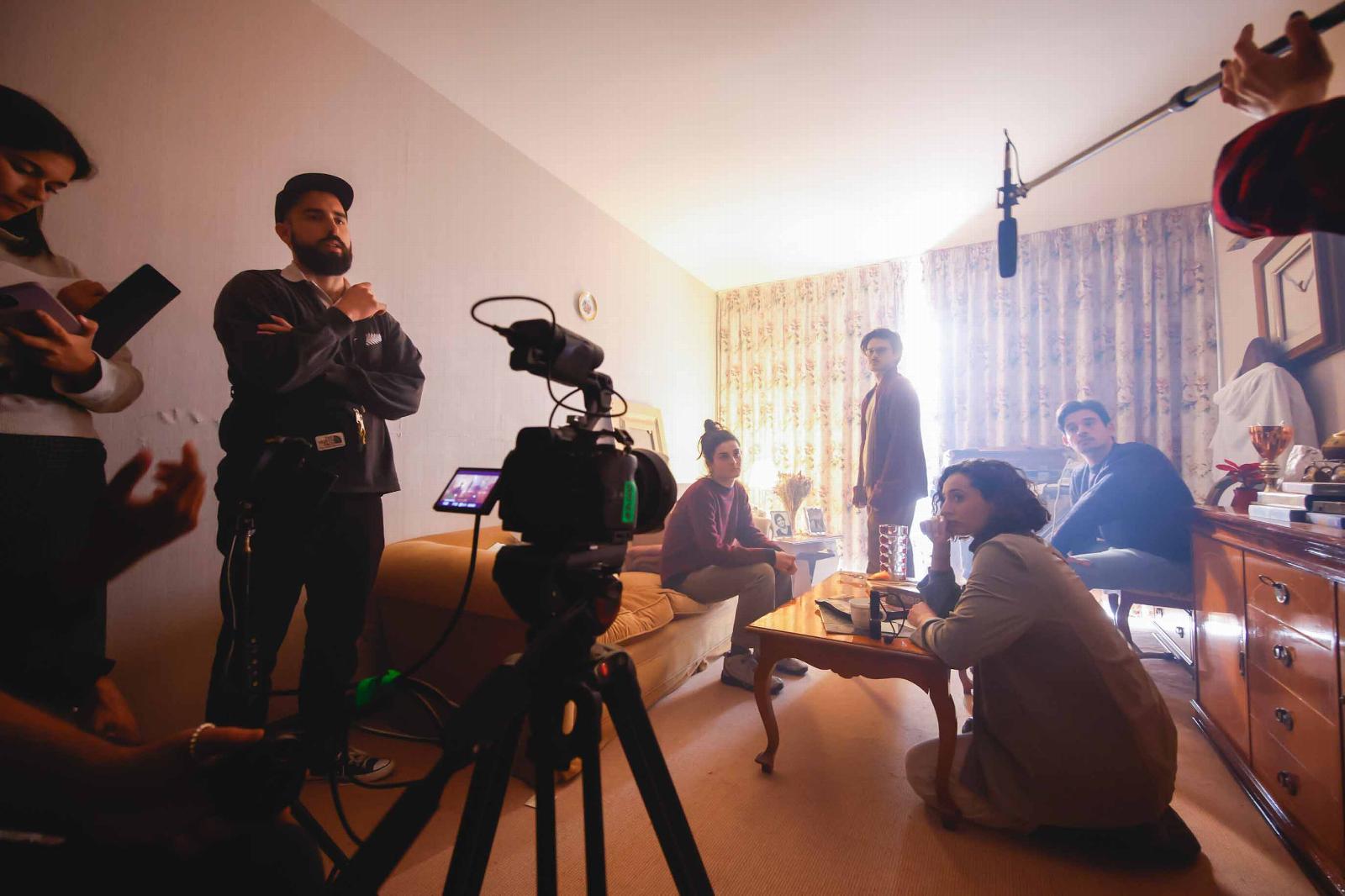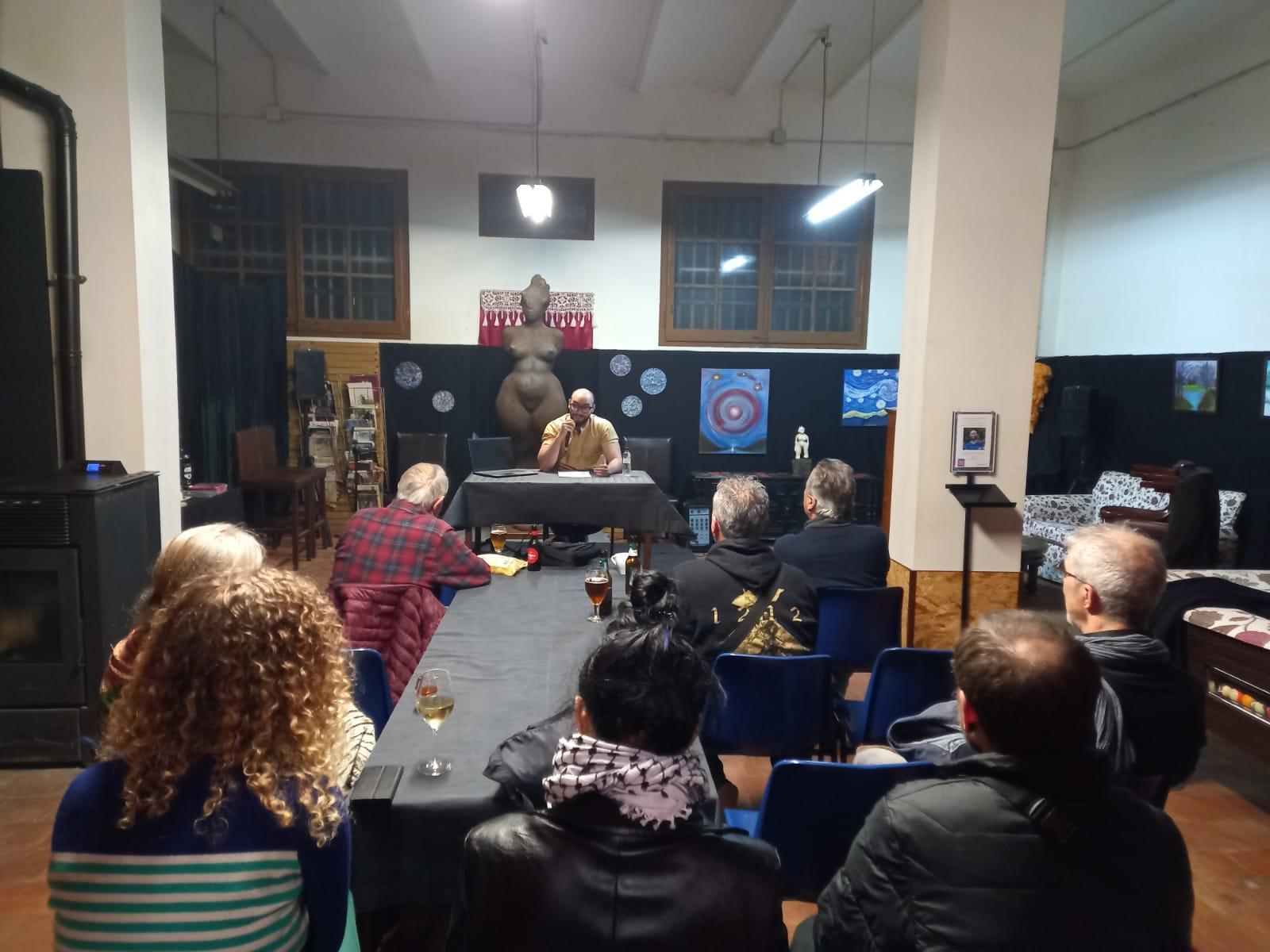An American Psychoanalyst’s work with QLGBTI in 3 contexts: consulting room, public schools, and prisons
University of Barcelona Gender Studies | February 25, 2020
Tuesday, 25 February 2020 , Olot
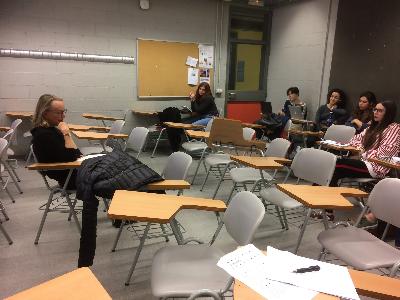
An American Psychoanalyst’s work with QLGBTI in 3 contexts: consulting room, public schools, and prisons
I want to thank Professor Teresa Cabruja Ubach for the invitation to speak with her graduate students in her class, “Deconstrucció de la psicopatologia, gènere i poder.”
I described the Faber Thematic Residency for February 2020, QLGBTI and that I would speak to them as a clinical practitioner in private practice for 25+ years. I wanted to give them a sense of the differences between theory and practice, how theory informs and shapes approaches to treatment and sometimes it’s necessary to hold our theories lightly in order to meet clients where they are.
Psychoanalytic Feminists and Women in Psychoanalysis, represent two varying discourses, that of the practitioner and the theorist, the latter more involved in activism and politics. Deborah Britzman’s seminal article, “Queer Theory is there a Queer Pedagogy? Or, Stop Reading Straight”, offers methods of imagining difference on its own terms: as Eros, as desire, and as the grounds of politicality. This theory insists on using psychoanalytic method that the relationship between knowledge and ignorance is neither oppositional or non binary; rather they mutually implicate each other, structuring and enforcing particular forms of knowledge and forms of ignorance.
Several case scenarios were discussed:
- Valentine Road – documentary about the 2008 murder of 15 year old Larry King by a class mate, who could not tolerate Larry’s transgender issues.
- Gender issues in the jails. Who is more violent, males or females? Experiences of transgender individuals in jail.
- Trauma experiences of QLGBT individuals- a domestic violence case.
- Coming out as lesbian in a heterosexual marriage both individuals with Latino/ Catholic background.
- Gender reveal parties
The English speaking students were able to participate fully in the discussion which included differences and similarities between Barcelona and Los Angeles programs in mental health, public health, prison, school and the politics and laws: AIDS, bullying, sex education, tolerance.

